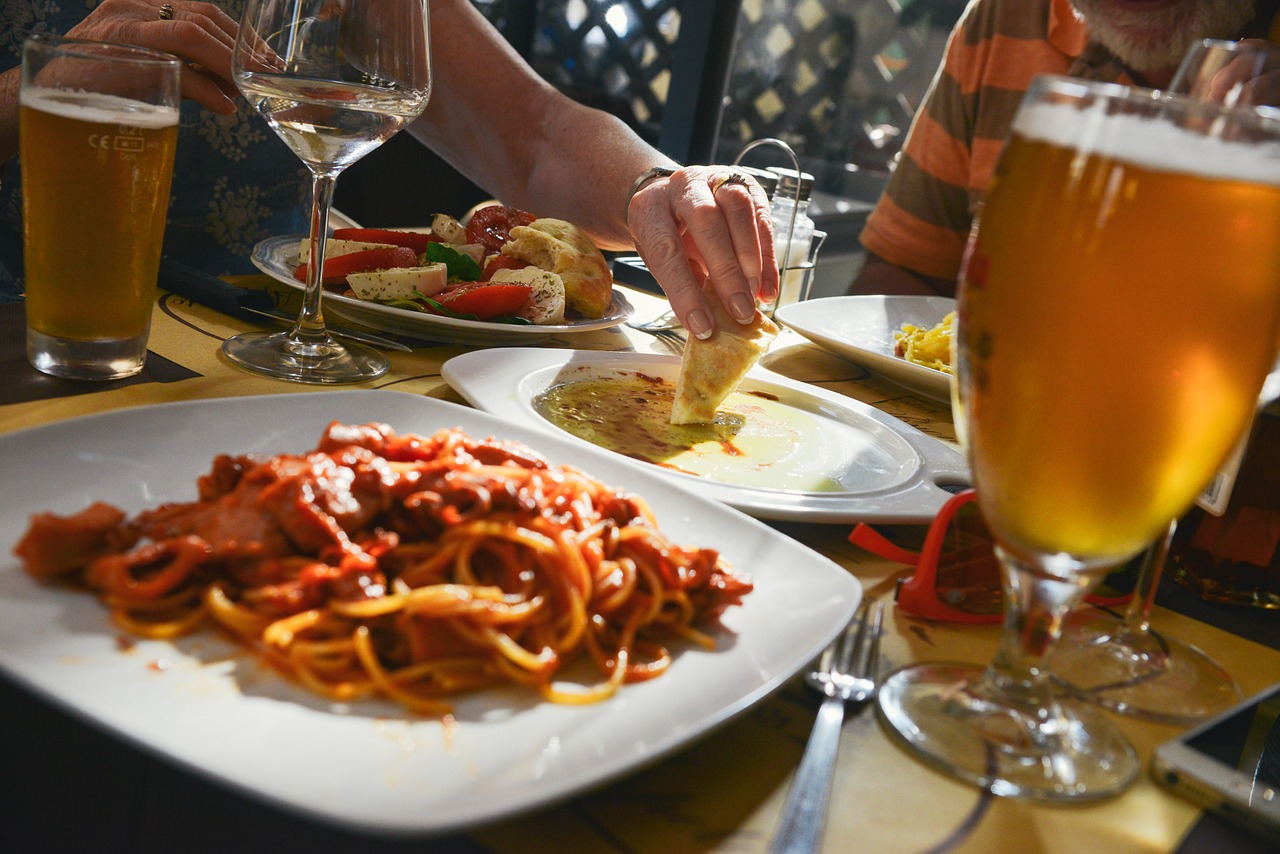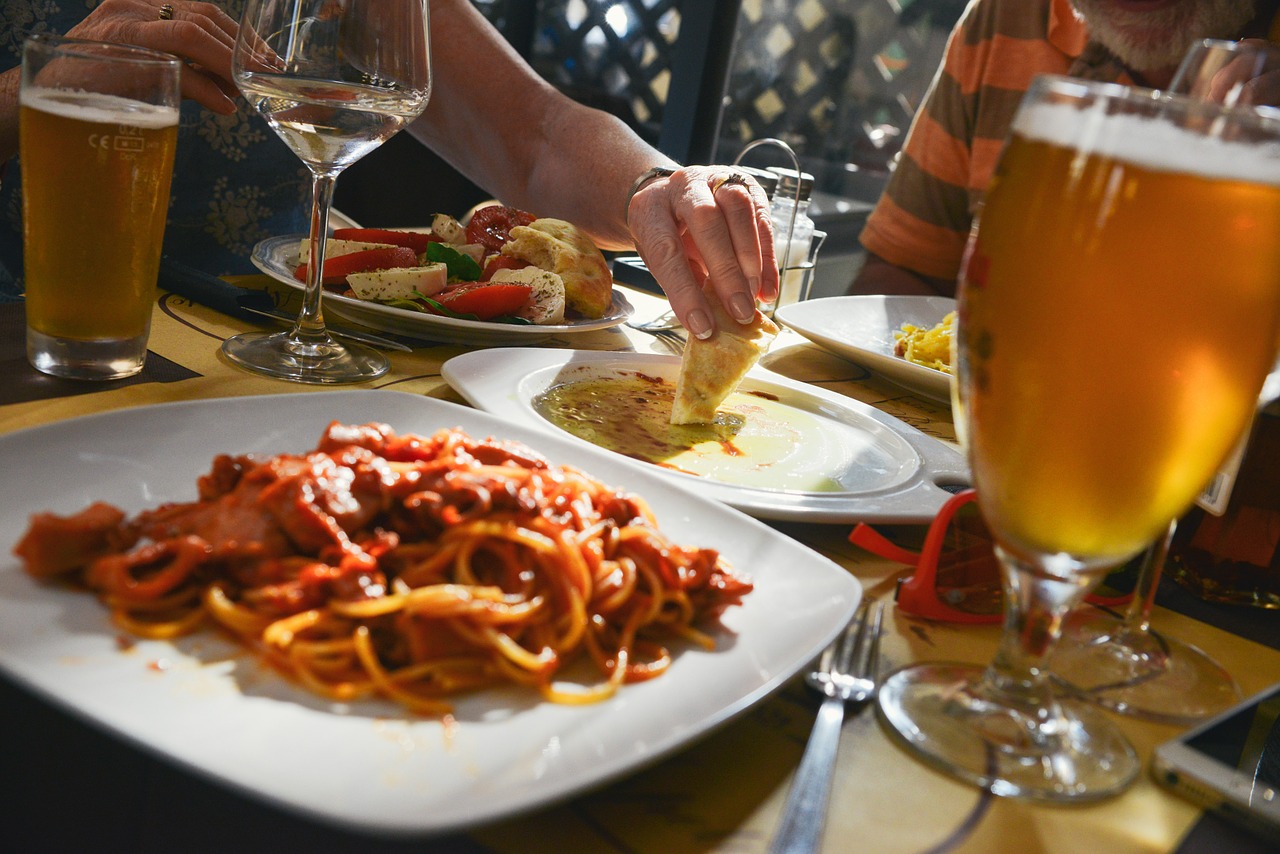
Photo via Pixabay
“A family that almost never eats together, or that never speaks at the table but looks at the television or the smartphone, is hardly a family,” the Pope said November 11.
“When children at the table are attached to the computer or the phone and don’t listen to each other, this is not a family, this is a pensioner!”
Francis spoke to the thousands of pilgrims gathered in St. Peter’s Square for his Wednesday general audience.
Since late last fall, he has dedicated his catechesis for the weekly gathering to the topic of the family, which he decided to do as a lead-in to this year’s Synod of Bishops on the Family that ran from October 4-25.
Though the synod has concluded, the Pope has continued his reflections on themes related to family life. After speaking on the importance of forgiveness last week, today he turned to the importance of family “togetherness.”
“In family life we learn about togetherness from a young age, which is a very beautiful virtue the family teaches us to share, with joy, the blessings of life,” he said.
Francis explained that the most concrete sign of this togetherness is when families are “gathered around the household table.”
“Sitting at table for the family dinner, sharing our meal and the experiences of our day, is a fundamental image of togetherness and solidarity,” he said, explaining that food isn’t the only thing shared at the table, but also affection and the happy and sad events of the day.
Togetherness, he said, is a “sure thermometer” to measure the quality of family relationships, since “in the family, if something is wrong, or if there’s some hidden wound, at the table you see it right away.”
The Pope said that Christians have a special vocation to live the virtue of togetherness, and noted how Jesus made a point to eat with his friends, and even presented the Kingdom of God as a joyful banquet.
“It was also in the context of a dinner where he gave the disciples his spiritual testament and instituted the Eucharist,” the Pope observed. Because Jesus gave us the Eucharist as a meal, there is a close relationship between families and the Mass.
The celebration of the Eucharist is the place where families, drawing from their own experience, open themselves to the grace of “universal togetherness and a fraternity without borders,” he said.
Francis said that the togetherness we experience within our own families and in the family of the Church is meant to extend to everyone as a sign of God’s universal love.
The Eucharist then becomes “a school of inclusion,” where we learn to be attentive to the needs of others.
He lamented how “sadly the family meal, this great symbol of togetherness, is disappearing in some societies,” and noted that food itself “is wantonly wasted” in some places, while in others many of our brothers and sisters go hungry.
What the Eucharist reminds us of is that our bread is meant to be shared with everyone, he said, and prayed that the Church and individual families would be concrete signs of “togetherness and solidarity for the good of the whole human family, especially during the coming Jubilee of Mercy.”
“Let us pray that every family participating in the Eucharist opens itself to the love of God and neighbor, especially for those who lack bread and affection.”
After concluding his speech, Pope Francis greeted pilgrims present from various countries around the world, including the United Kingdom, Denmark, the Netherlands, Ghana, Japan, Korea, the United States of America, Spain and Latin America.
Source: Eat with your family, not with your smartphone, Pope says
